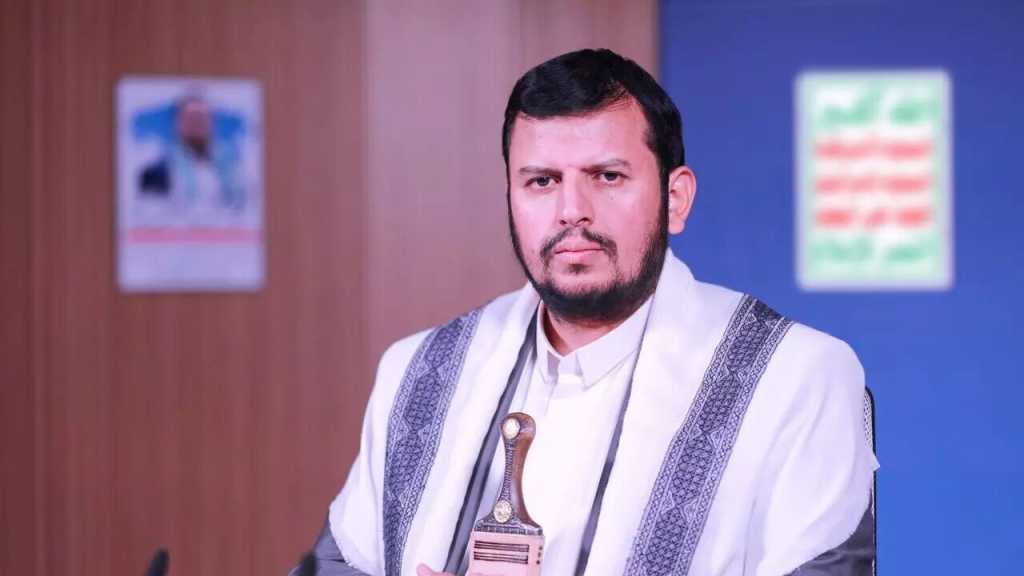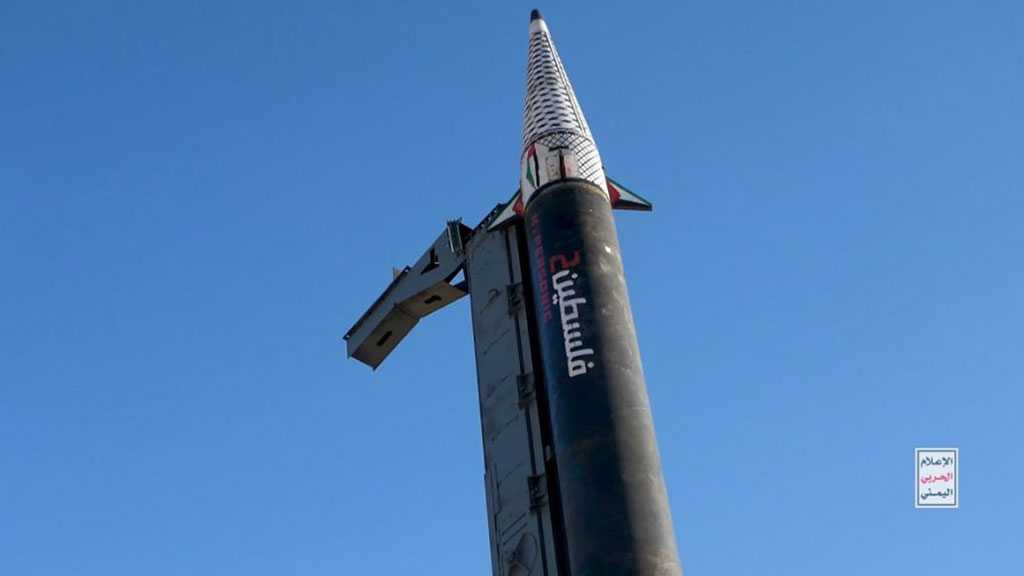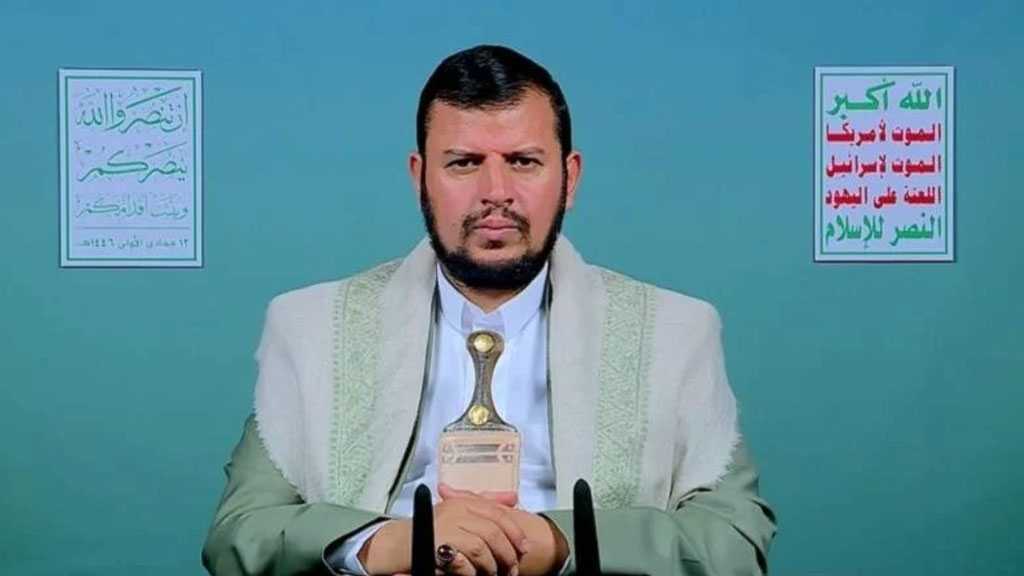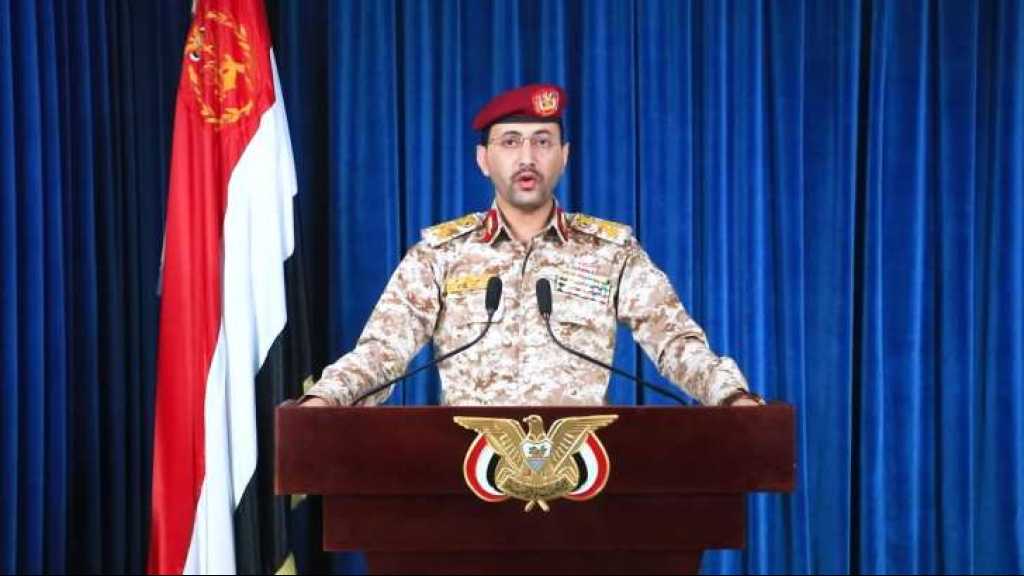UN: Urgent Health Services Needed for 15 Million People in Yemen
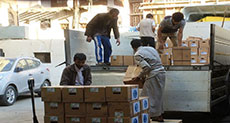
Local Editor
The United Nations World Health Organization [WHO] and its partners appealed for $31 million to ensure the continuity of medical services for nearly 15 million people in Yemen affected by the ongoing conflict, following the collapse of the country's health system.

Dr. Ala Alwan, Regional Director for the WHO Eastern Mediterranean said in a news release that: "WHO is appealing to donors to help us meet the urgent, immediate humanitarian needs of the injured, pregnant women, malnourished children and elderly who are bearing the brunt of a collapsing health system."
He added that with sufficient funds, risk of disease outbreaks and the possibility of avoidable deaths can be reduced by providing life-saving medications and vaccinating children.
Currently, WHO and its health partners are providing essential medicines, supporting health services and providing mental health psycho-social support in hard-to-reach areas through mobile clinics and primary health care centers, said the news release, adding that more funding is required to ensure that disrupted services are restored.
WHO Representative to Yemen, Shadoul further added: "The funding requested will help WHO and our partners support vital health services in three major areas: casualty management for those injured due to the conflict, treatment for patients with chronic diseases, and disease surveillance and vaccination activities to prevent outbreaks."
The organization warned that the health and humanitarian situation for the civilian population in Yemen reached "catastrophic levels" with the situation in some governorates being especially "critical."
WHO said that the entire population of the Aden governorate and more than three quarters in the Ta'az governorate are in need of humanitarian assistance and since September fighting intensified in Ta'az, leading to almost 240,000 vulnerable civilians living under a virtual state of siege.
At the same time, the organization reported that fuel shortages have made it impossible for many major hospitals and health facilities to function optimally, while lack of fuel for ambulances crippled the referral process.
The organization called on all donors to urgently fill the funding gap to ensure continuity of life-saving and essential health services.
Source: News Agencies, Edited by website team
Comments
- Related News

